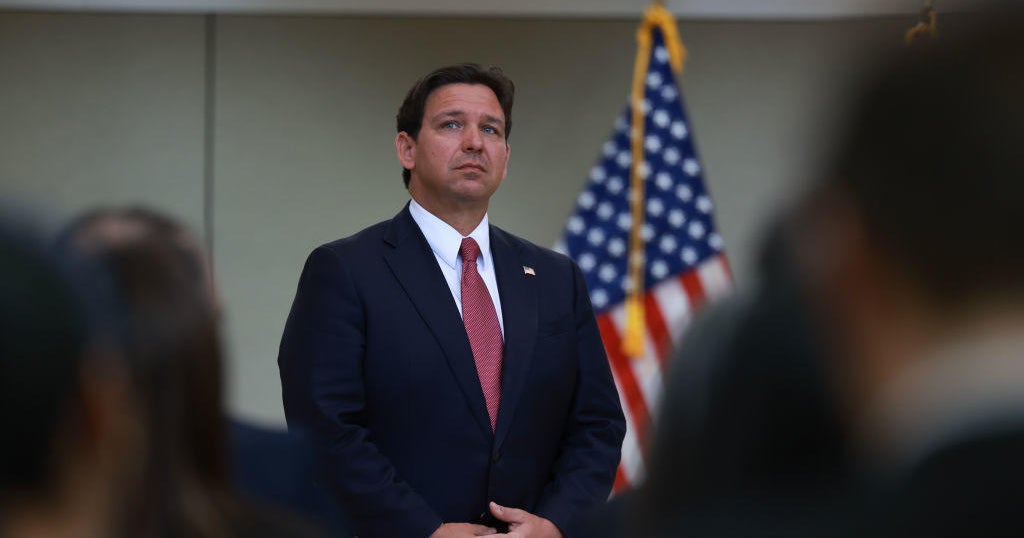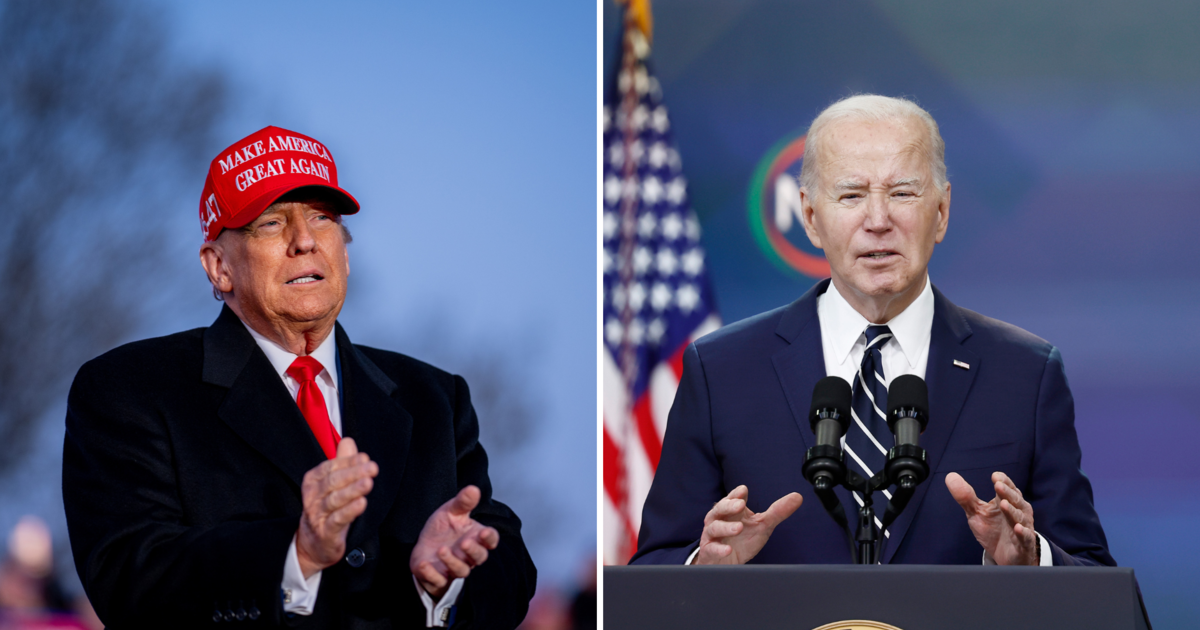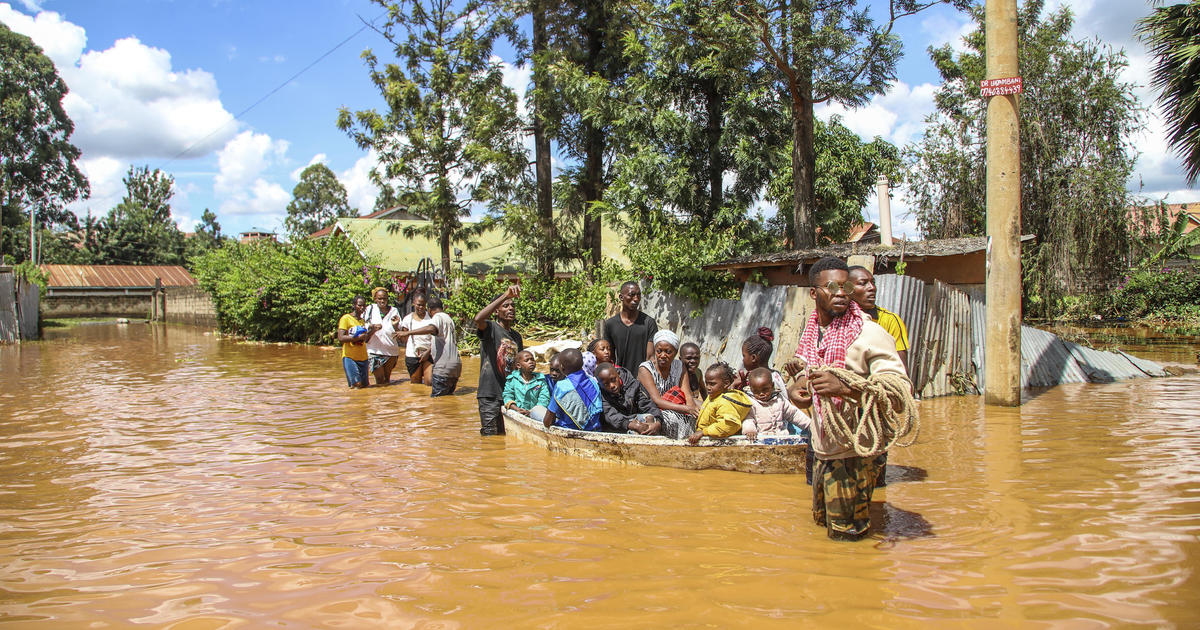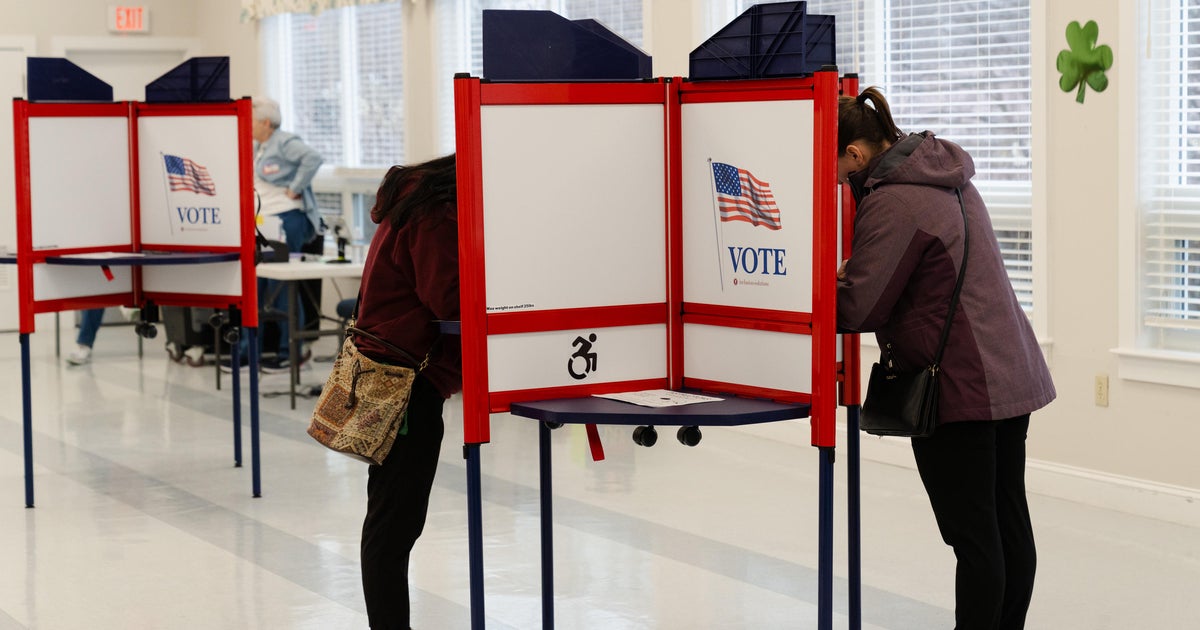DNC chair Tom Perez urges recanvass of Iowa caucuses amid results delays
The chairman of the Democratic National Committee is calling for the Iowa Democratic Party to conduct a recanvass of the caucus results amid ongoing delays in their release. Tom Perez, the party's chairman, said the recanvass was necessary to ensure "public confidence in the results."
"Enough is enough," Perez tweeted. "In light of the problems that have emerged in the implementation of the delegate selection plan and in order to assure public confidence in the results, I am calling on the Iowa Democratic Party to immediately begin a recanvass."
Two sources familiar with the matter tell CBS News that the state party wasn't aware that Perez would call for a recanvass, with 97% of the results now already reported. Sources also tell CBS News that the DNC has been running the caucus operation in Iowa for at least 48 hours.
Requests for a recanvass must come in written form from a presidential campaign, according to the state party's Iowa Delegate Selection Plan. Candidates have until Friday at noon to make a request, and that request is required to include an explanation of "how the national delegation could be altered as a result of the problem or its correction."
The IDP has 48 hours to respond to recanvassing requests, with a projected timeline for the review and a fee estimate and payment schedule for the campaign.
In response to Perez's call for the review, Iowa Democratic Party chair Troy Price said the IDP is prepared, should any presidential campaign ask for the audit.
"In such a circumstance, the IDP will audit the paper records of report, as provided by the precinct chairs and signed by representatives of presidential campaigns," he said in a statement. "This is the official record of the Iowa Democratic caucus, and we are committed to ensuring the results accurately reflect the preference of Iowans."
The state party, he said, owes it to Iowa Democrats, volunteers and caucus-goers "to remain focused on collecting and reviewing incoming results."
The Iowa Democratic Party defines a recanvass as "a hand audit of Caucus Math Worksheets and Reporting Forms to ensure that they were tallied and reported in the telephone intake sheets and caucus reporting application correctly." And this is essentially what the state party has already been doing to report the results so far.
A recanvass differs from a recount. A recount is a hand count and audit of Presidential Preference Cards to ensure that caucus votes were tallied and reported correctly in the caucus worksheets and reporting forms.
With 97% of precincts reporting, there is a razor thin margin of state delegates separating Pete Buttigieg and Bernie Sanders for the lead in Iowa. Buttigieg has 550 delegates (26.2% percent), Sanders has 547 (26.1% percent).
Following them are Elizabeth Warren (18.2%), Joe Biden (15.8%) and Amy Klobuchar (12.2%).
More than two days after the Iowa caucuses began, results have still not been reported from 3% of the precincts around the state. While the IDP is calling "the accuracy and integrity of the results" a priority, there were some data that raised questions on the party's site.
A CBS News analysis of data on the IDP's website found that there were more than 70 precincts where there was a higher total of participants listed on the second alignment than the initial alignment. It's not immediately clear whether any statewide delegate equivalents (SDEs) were impacted. Those ultimately determine how many national delegates a candidate wins. But the reporting discrepancies have raised questions about the data.
It also isn't immediately clear what led to those numbers that were reported. The analysis was based on the reports of data that were presented to the public by the IDP.
The New York Times first reported discrepancies showing more people in second alignment than first alignment. In a statement, IDP communications director Mandy McClure said the party is reporting numbers they received on documents provided by precinct chairs.
"The caucus math work sheet is the official report on caucus night to the I.D.P., and the I.D.P. reports the results as delivered by the precinct chair," McClure said. "This form must be signed by the caucus chair, the caucus secretary and representatives from each campaign in the room who attest to its accuracy. Under the rules of the delegate selection process, delegates are awarded based off the record of results as provided by each precinct caucus chair."
"The caucus math work sheet is the official report on caucus night to the I.D.P., and the I.D.P. reports the results as delivered by the precinct chair," McClure told the New York Times. "This form must be signed by the caucus chair, the caucus secretary and representatives from each campaign in the room who attest to its accuracy. Under the rules of the delegate selection process, delegates are awarded based off the record of results as provided by each precinct caucus chair."
CBS News has reached out to the Iowa Democratic Party about the issues in the data on its website, but has not yet received a response. In a statement to the New York Times, IDP communications director Mandy McClure said the party is reporting numbers they received on documents provided by precinct chairs.
The reporting of results from Monday's caucuses was initially delayed in part because of issues with a mobile phone app that was intended to collect and transmit caucus results. Precinct chairs who used a hotline to report the results to the Iowa Democratic Party also ran into problems, as they reported long wait times before connecting with party officials.
The delayed process in the reporting of results has led both Sanders and Buttigieg to claim victory. Both have moved on to campaigning in New Hampshire, which will hold its primary on Tuesday.
While Buttigieg maintains a slight edge in delegates, Sanders told supporters Wednesday during an event in Manchester, New Hampshire, that his campaign is "winning the popular initial vote by some 6,000 votes."
Kabir Khanna contributed to this report.



